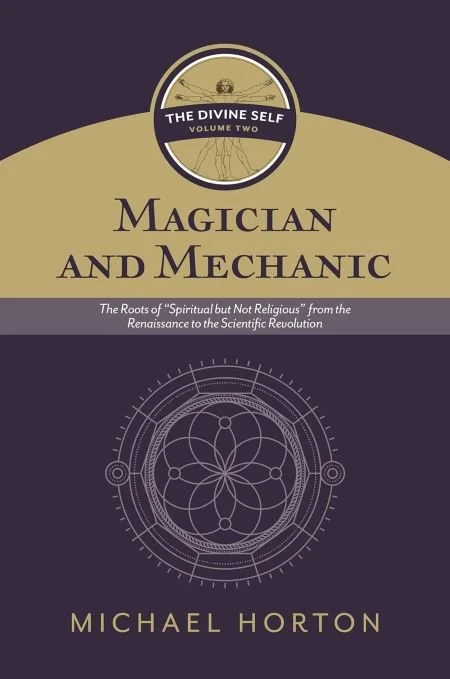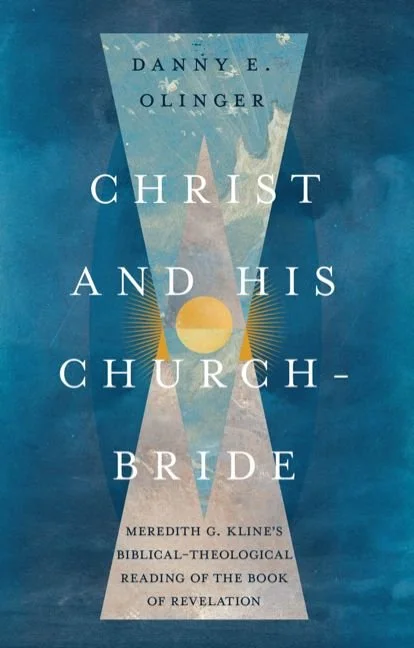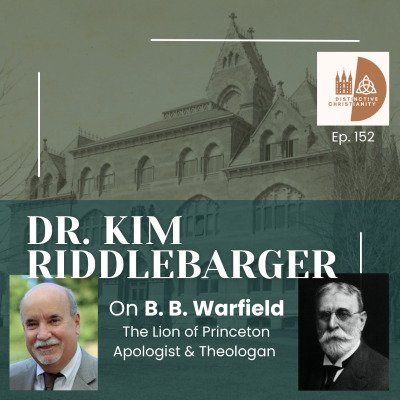Note: This essay was originally posted on the Riddleblog on December 6, 2023. It is edited for republication here. In light of my friend Ben Sasse’s terminal cancer diagnosis and his wonderful testimony to God’s faithfulness (here and here), I thought Paul’s discussion of the Christian’s hope in facing the reality of death well worth consideration.
The Question Put to Paul by the Thessalonians
In light of the broad background of the New Testament’s teaching regarding the second advent of our Lord, we consider Paul’s teaching regarding Christian hope in verses 13-14 of 1 Thessalonians 4. Paul is addressing the question brought to him from the Thessalonians by Timothy regarding the fate of those who die before Christ returns. Since Paul had been gone from Thessalonica for but a short period of time, many have wondered about how it is that this question would arise, since it is not likely that many people in the congregation would have died during the short time span between Paul’s departure and Timothy’s return trip to the city. It is possible that some were martyred due to persecution, but this is improbable. Although many proposals have been put forth as an explanation, Gene Green wisely cautions us,
The reconstruction of greatest merit argues that at the moment of confronting the reality of death, the Thessalonians did not allow their confession to inform their reaction to this human tragedy. Alternately, they may simply have not understood fully the reality of the resurrection from the dead, especially in light of the general Gentile consensus that such things simply do not happen.[1]
Those Who Are Asleep
In verse 13, Paul tells the Thessalonians, “we do not want you to uninformed, brothers.” In the prior section of this chapter, Paul speaks of the Thessalonians as knowing certain details (i.e., 1 Thessalonians 4:1-2; 6, 9) but since he speaks here of the need to inform them of what follows, it is likely that this matter was not fully dealt with when he had been among them previously.[2] Paul had been forced to leave after a mere three sabbaths due to rioting because of his preaching of Christ crucified. What Paul says in his response to the question is important. Specifically, Paul does not want the Thessalonians to be ignorant about “those who are asleep,” i.e., those who have died before the Lord’s return. As Greco-Roman pagans and new converts to Christianity, the very idea of the resurrection of the dead was difficult for the Thessalonians to grasp. It was common in the first century Roman world to believe in the immortality of the soul–often seen as an underworld journey, such as crossing the river Styx. But the very idea of the dead coming back to life in redeemed/resurrected bodies was completely foreign.[3] To a pagan, death was liberation from the limits of the body. For a Christian death is the consequence of Adam’s fall.
Read More



















